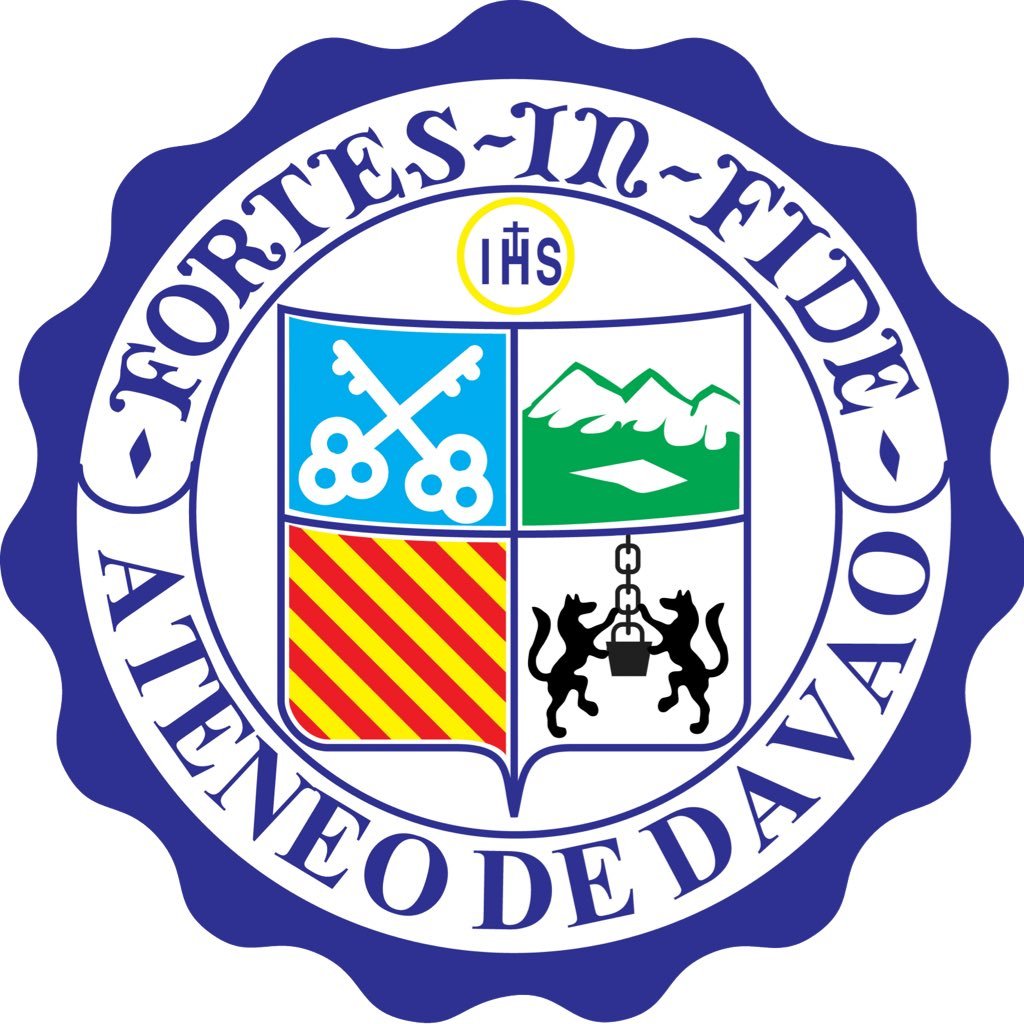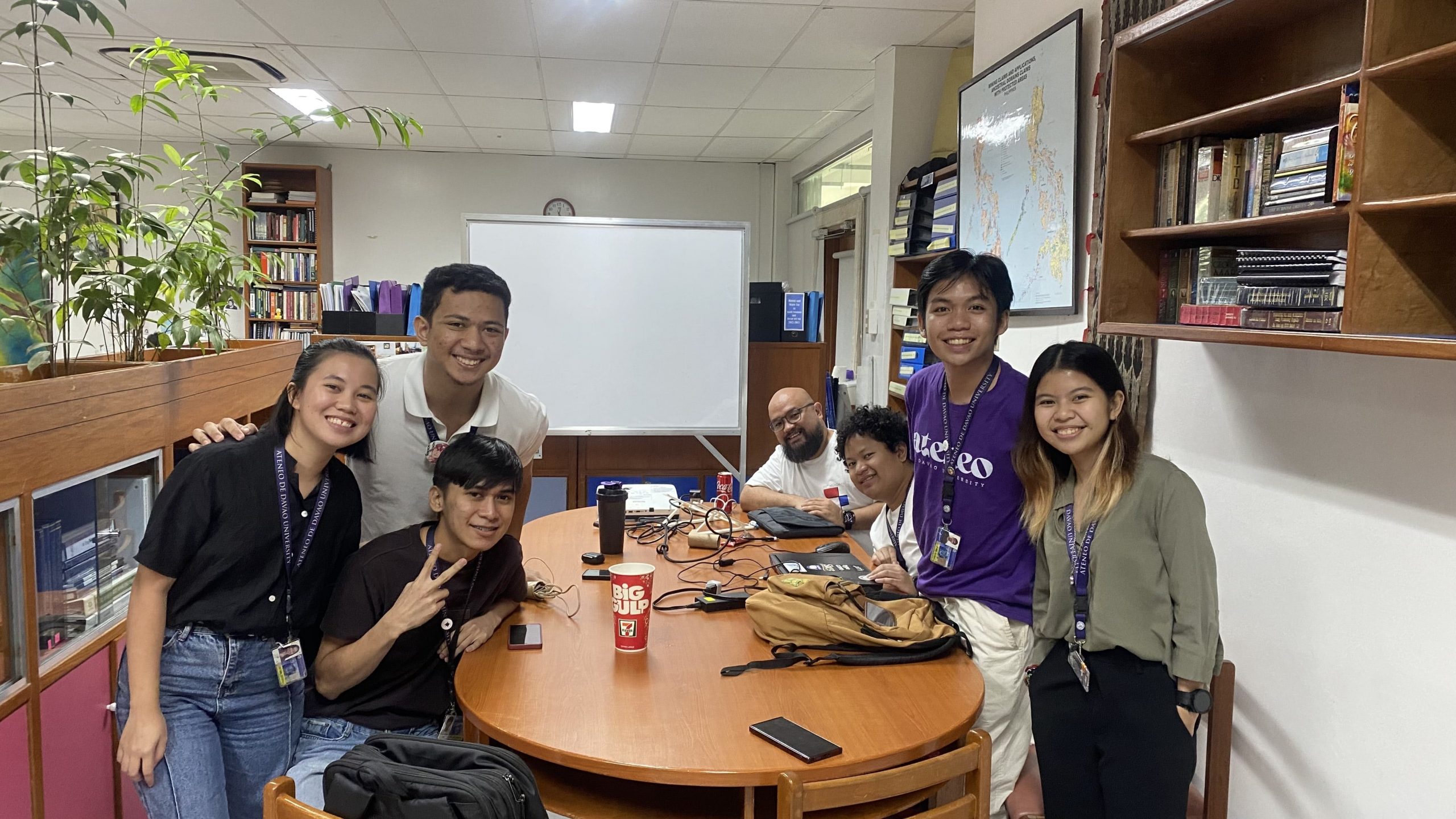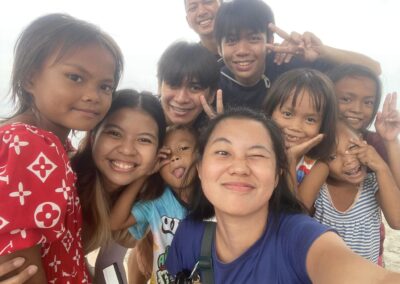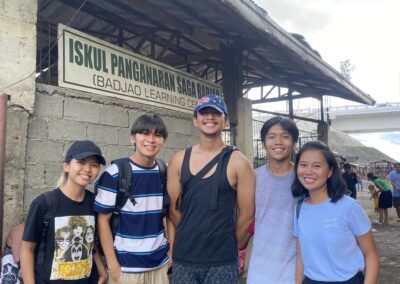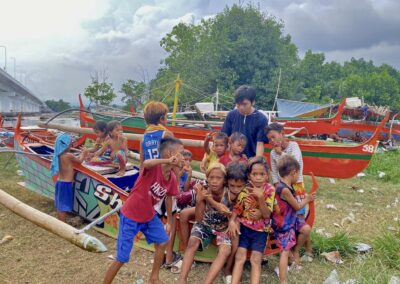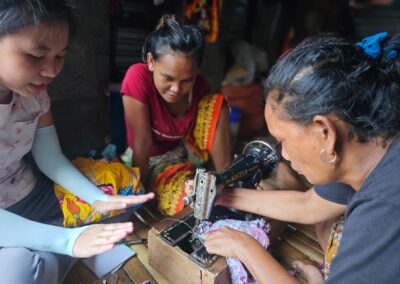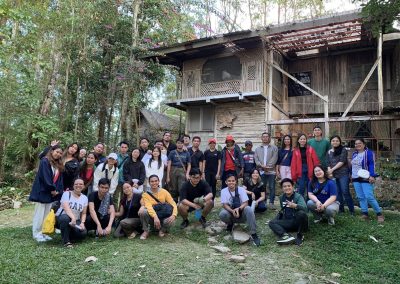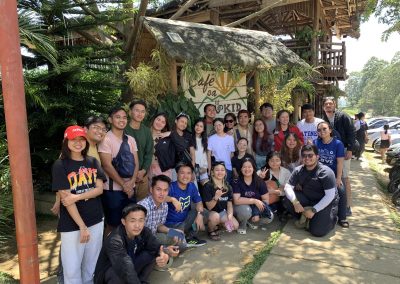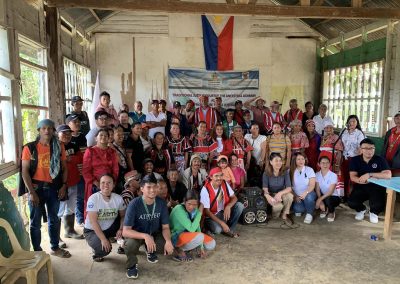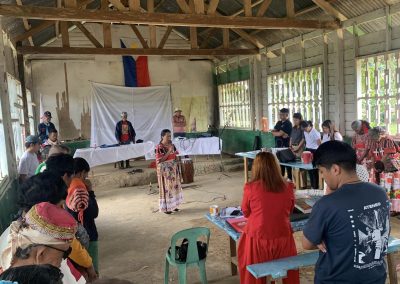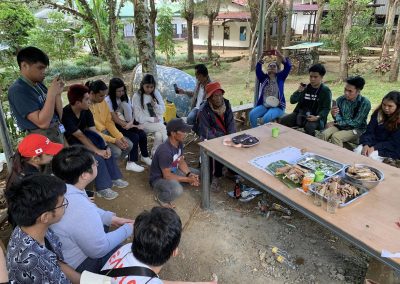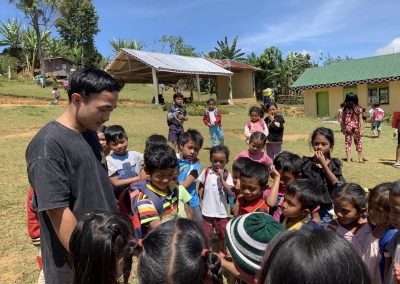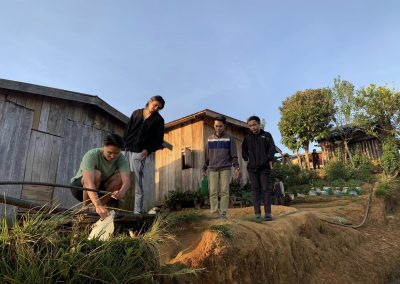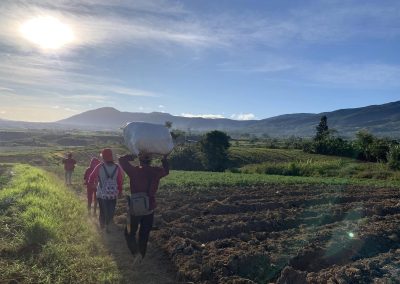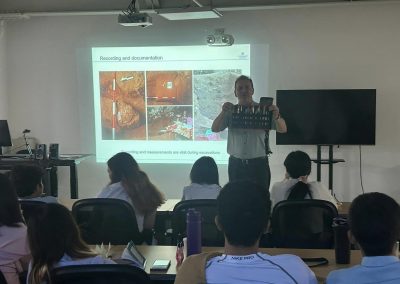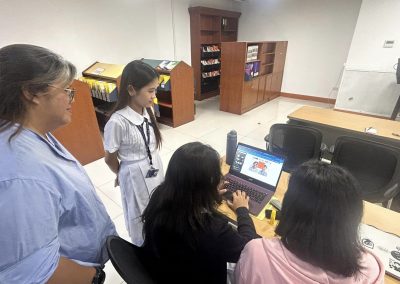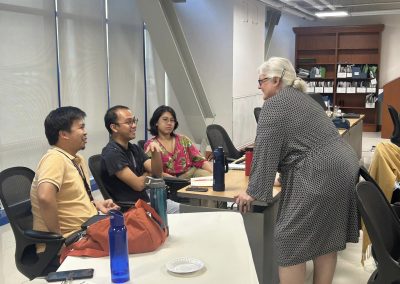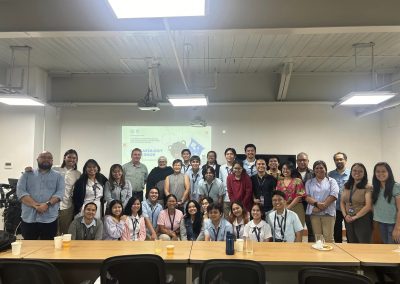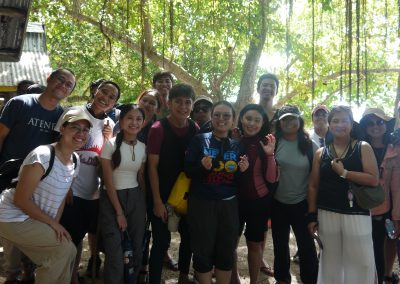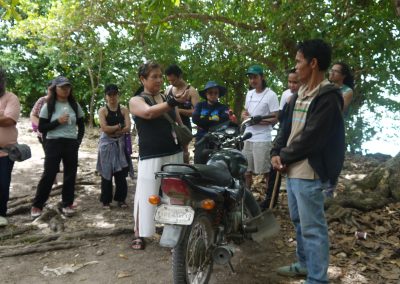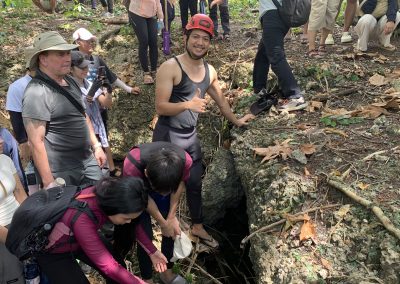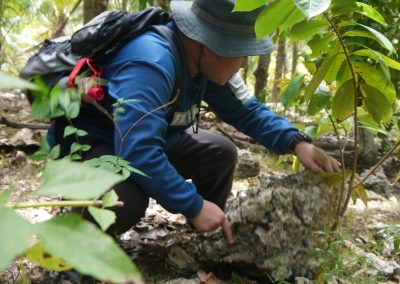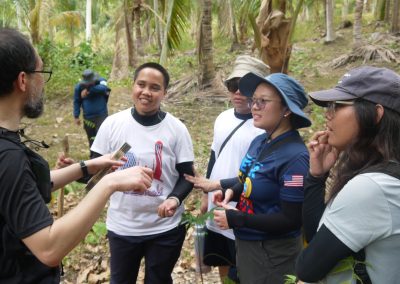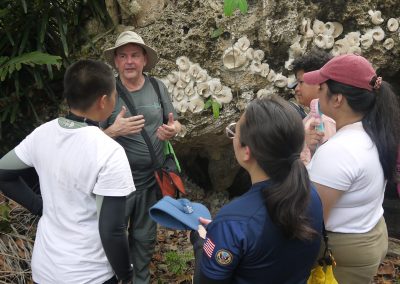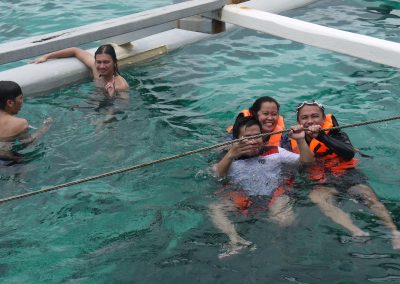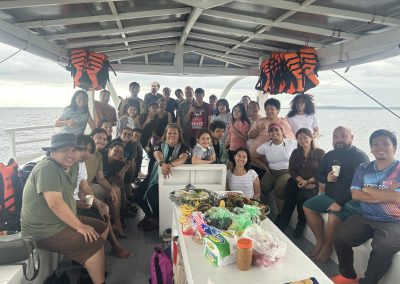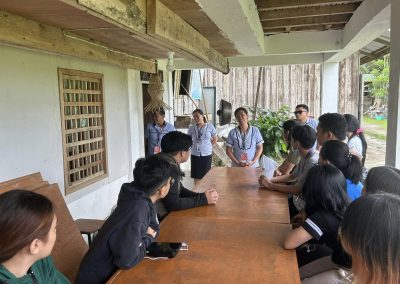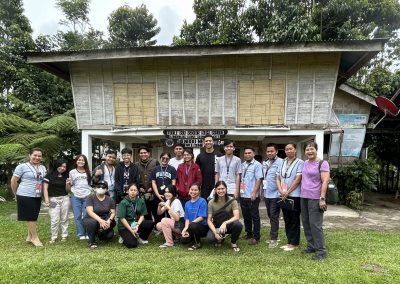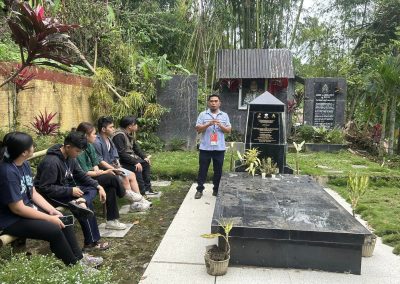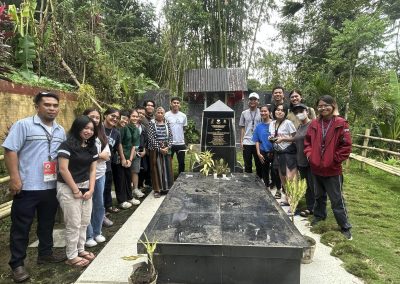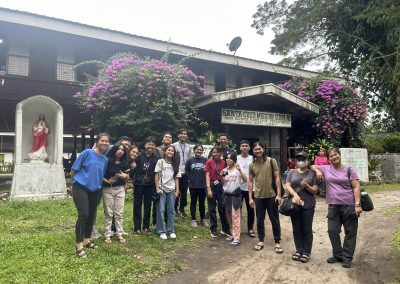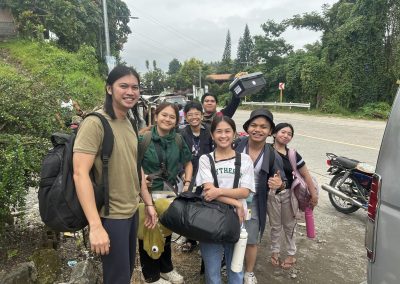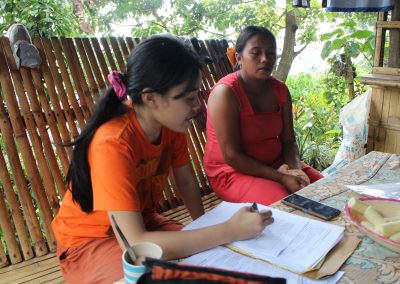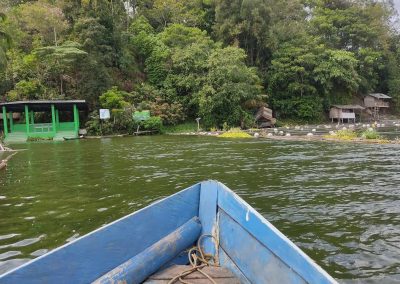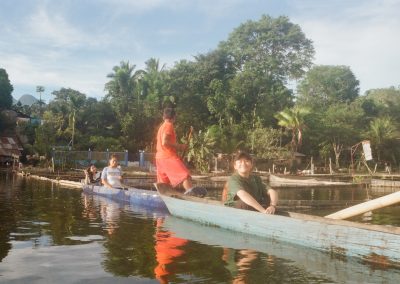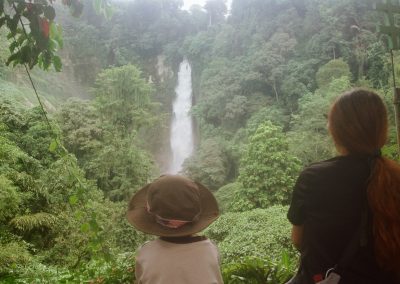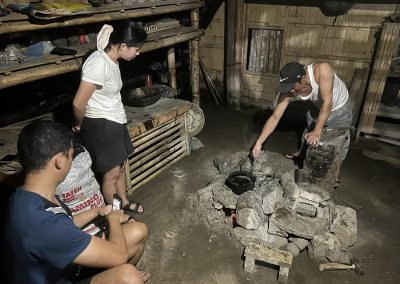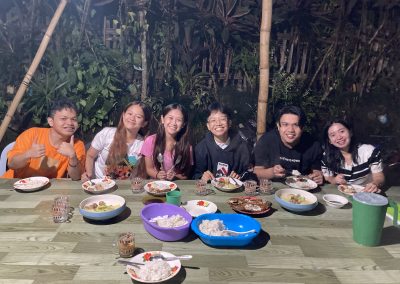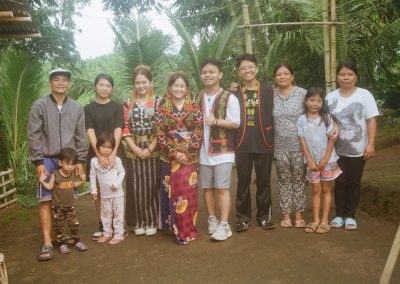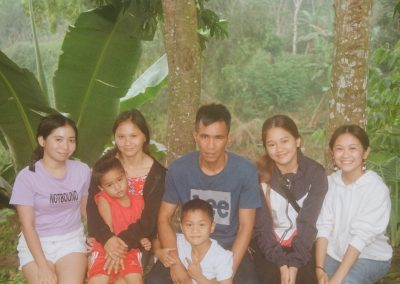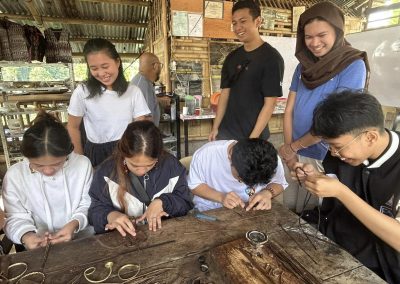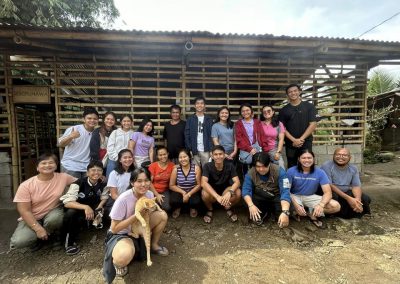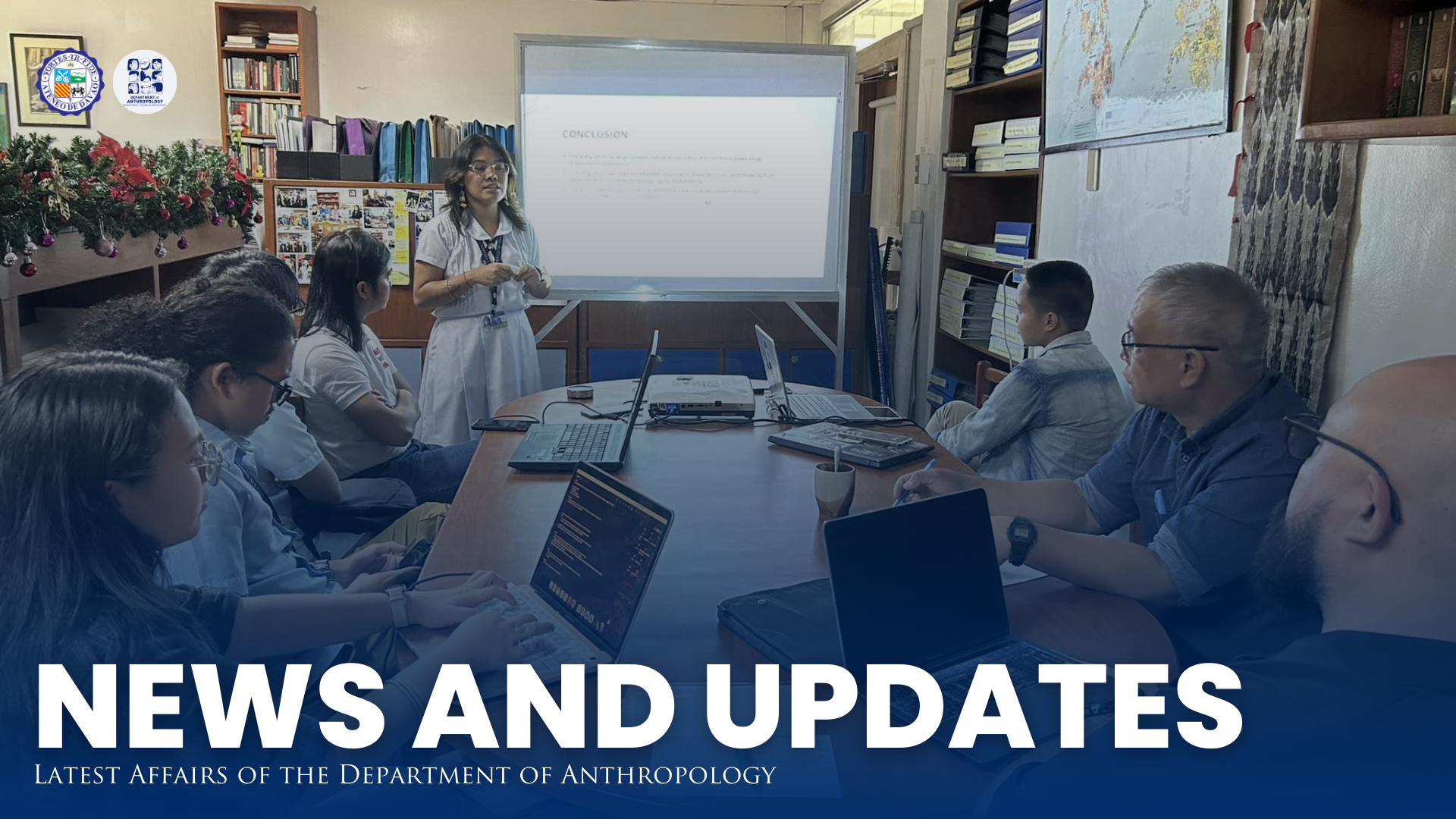
NEWS & ANNOUNCEMENTS
Anthropology Students Gain Insights from Enneagram and Genogram Workshop
In preparation for their upcoming Summer Field School, third-year AB anthropology students recently participated in a two-day Enneagram and Genogram workshop conducted by Fr. Ulysses Cabayao, SJ. The workshop, held on May 23-24, 2024, in the anthropology department, aimed to help students apply insights from these tools to enhance self-awareness and personal growth.
The Enneagram is a personality typing system that describes nine distinct personality types and their interconnections. It offers a framework for understanding core motivations, fears, and behavioral patterns, providing a path to self-discovery and personal development.
On the other hand, a genogram is a visual representation of a person’s family tree, displaying detailed information about relationships, emotional connections, and behavioral patterns across multiple generations. It goes beyond a traditional family tree by allowing users to analyze hereditary patterns and psychological factors that influence relationships.
The anthropology department organized this workshop as part of their response to mental health concerns raised by former students during their fieldwork. By equipping students with tools for self-understanding and interpersonal dynamics, the department hopes to better prepare them for the challenges they may face during their Summer Field School.
Students found the workshop to be insightful and helpful in understanding themselves and their cohorts better. “The Enneagram helped me recognize my own strengths and weaknesses, and how I can work on personal growth,” shared Aaron Sinangote. Another student, Glyza Icao, commented, “Creating my genogram was an eye-opening experience. It helped me see patterns in my family that I hadn’t noticed before.”
Fr. Cabayao, who facilitated the workshop, expressed his satisfaction with the students’ engagement and openness to learning. “These tools can be powerful aids in self-discovery and understanding others. I’m glad the students found value in exploring them,” he said.
The anthropology department plans to continue integrating such workshops into their curriculum to support students’ personal and professional development as they prepare for their fieldwork and future careers in the field.
